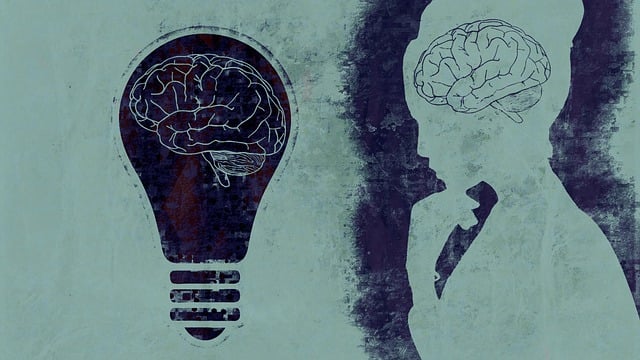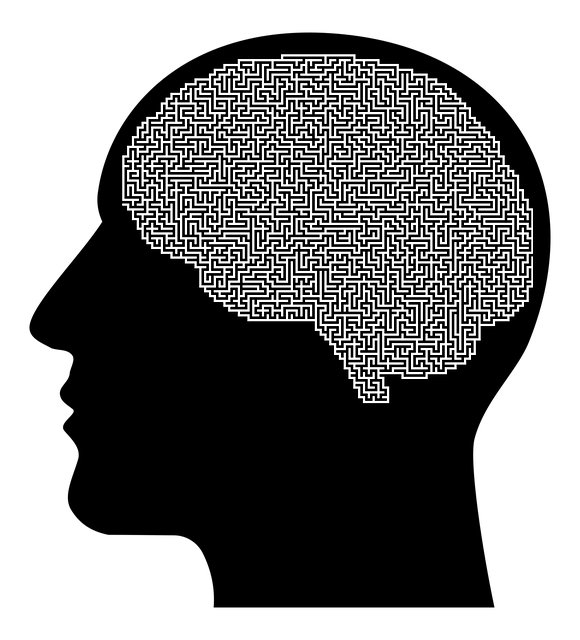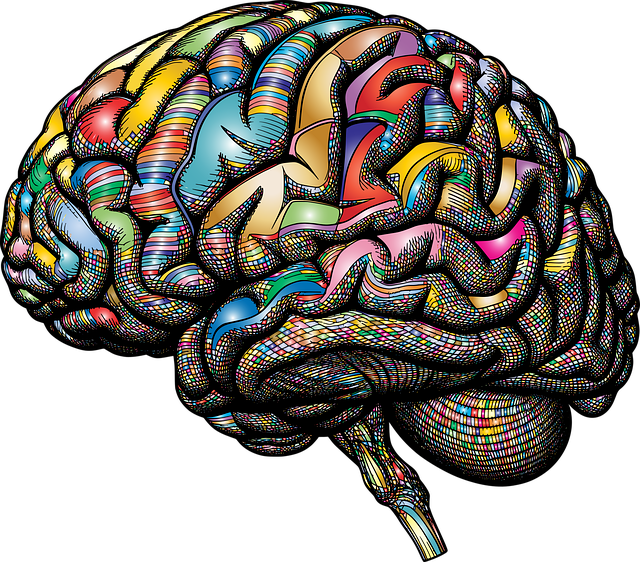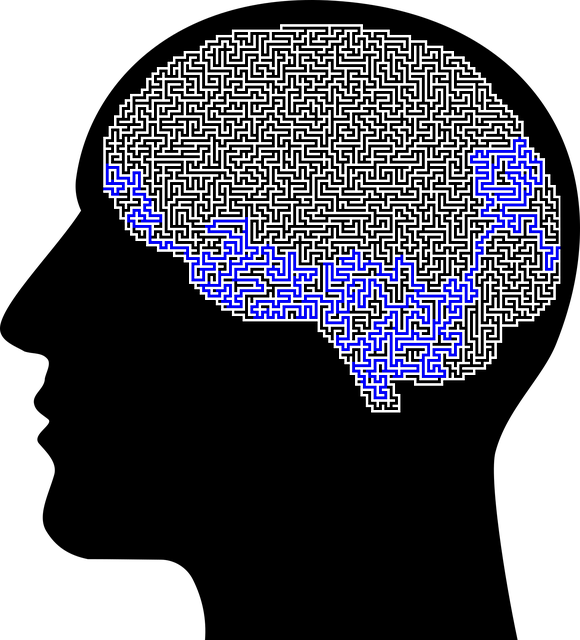Early diagnosis of mental illness in children is key to effective treatment, with specialized therapies like Acceptance and Commitment Therapy (ACT) showing promise. ACT encourages acceptance, mindfulness, and committed action to manage symptoms, fostering resilience and empowering kids to take control. Along with trauma support services and burnout prevention for healthcare professionals, integrating self-care routines and mental health education empowers both children and families to navigate mental health challenges.
Mental illness diagnosis and treatment navigation can be a complex, yet crucial, process, especially for children. This article guides parents and caregivers through key aspects of supporting young minds. We explore understanding mental illness diagnosis in children, introducing Acceptance and Commitment Therapy (ACT) as an effective approach. Additionally, we navigate treatment options, highlighting valuable resources and support systems available to families. By delving into these topics, we aim to empower caregivers with knowledge and tools to foster healthy development.
- Understanding Mental Illness Diagnosis for Children
- Introduction to Acceptance and Commitment Therapy (ACT) for Kids
- Navigating Treatment Options: Support and Resources for Families
Understanding Mental Illness Diagnosis for Children

Mental illness diagnosis in children is a specialized field that requires careful consideration and expertise. It’s crucial to understand that childhood mental health disorders can manifest differently than in adults, often presenting as changes in behavior, emotions, or social interactions. This may include symptoms like persistent sadness, anxiety, aggression, or difficulties in school performance. Diagnosing these issues early is vital for effective treatment, preventing potential complications and promoting healthy development.
Acceptance and Commitment Therapy (ACT) has emerged as a promising approach to therapy for children. By focusing on acceptance, mindfulness, and committing to valued actions, ACT helps young individuals manage their symptoms and improve overall well-being. Additionally, trauma support services play a significant role in mental health navigation, as many childhood disorders are linked to past traumatic experiences. Healthcare professionals must also prioritize burnout prevention strategies to ensure they can provide the best care for children and themselves, addressing both the patient’s needs and their own risk assessment.
Introduction to Acceptance and Commitment Therapy (ACT) for Kids

Acceptance and Commitment Therapy (ACT) is a groundbreaking approach to mental health treatment that has gained significant attention for its effectiveness in helping children navigate their mental illness. This therapy focuses on accepting what cannot be changed while committing to actions that align with personal values, fostering a sense of empowerment and well-being. Unlike traditional talk therapies that often encourage avoidance or suppression of negative thoughts and emotions, ACT encourages individuals to observe these experiences without judgment, allowing them to take control of their lives despite the presence of mental illness.
ACT for children is designed to address various challenges they face, including managing symptoms of anxiety, depression, trauma, and other common mental health issues. Through a combination of mindfulness techniques, cognitive restructuring, and values-based goal setting, ACT helps kids develop resilience, boost confidence, and reduce the stigma associated with mental illness. Mental health education programs that incorporate elements of ACT can empower young individuals to advocate for their well-being and make positive changes in their lives.
Navigating Treatment Options: Support and Resources for Families

Navigating treatment options can be a complex and daunting task for families dealing with mental illness. It’s essential to understand that support and resources are readily available to ease this journey. One effective therapy for children, Acceptance and Commitment Therapy (ACT), focuses on helping young individuals accept their emotions while committing to actions that align with personal values. This approach fosters flexibility in the face of life’s challenges, promoting better mental health outcomes.
In addition to specialized therapies, encouraging a child’s self-care routine development can significantly contribute to their overall well-being. Mental health education programs designed for both children and families provide valuable knowledge and tools to recognize and manage symptoms. Furthermore, healthcare provider cultural competency training ensures that professionals offer tailored care, addressing unique cultural perspectives and beliefs within the family unit.
Mental illness diagnosis and treatment navigation can be challenging, but with the right resources, families can find hope and healing. Understanding childhood mental health issues and exploring evidence-based therapies like Acceptance and Commitment Therapy (ACT) offer valuable tools to support young minds. By accessing tailored treatment options and connecting with supportive communities, parents and caregivers can navigate this journey effectively. ACT for children provides a unique approach to fostering resilience and improving overall well-being. With the right assistance, families can successfully manage mental health challenges and promote a brighter future for their kids.










